6th Avenue Introduce
For anyone living in or visiting New York City, Sixth Avenue—or as some maps and official signage still refer to it, the Avenue of the Americas—is far more than just a street. It's a pulsating artery that cuts through the heart of Manhattan, connecting diverse neighborhoods and offering a unique cross-section of city life. While the prompt asks about "6th Avenue" as a "park," it's important to clarify that Sixth Avenue itself is not a singular park. Instead, it's a grand boulevard that hosts numerous public spaces, plazas, and parks along its extensive length. From the charming, intimate green spaces of Greenwich Village to the corporate plazas of Midtown, Sixth Avenue acts as a continuous ribbon of urban experience, punctuated by moments of respite and natural beauty.
For New Yorkers, understanding Sixth Avenue means appreciating its multifaceted character. It's a place for work, for shopping, for dining, and crucially, for finding those valuable spots to pause and observe. These public spaces, whether officially designated parks or privately owned public spaces (POPS) that are freely accessible, serve as essential breathing room in our dense urban environment. They are where we grab a quick lunch, meet a friend, or simply enjoy a moment of quiet reflection amidst the city’s energetic hum.
This article will take you on a journey along Sixth Avenue, highlighting its role not as a single park, but as a linear collection of public spaces, each contributing to its overall appeal. We’ll explore its incredible accessibility, touch upon the various amenities found along its route, and spotlight some of its most notable features and highlights. While a street doesn't have "promotions" in the traditional sense, its inherent value lies in its constant offering of free public access to vibrant urban life and essential green spots. We’ll also provide general contact information related to NYC’s public spaces and conclude by explaining why Sixth Avenue, with its diverse array of parks and plazas, is an indispensable part of the local New York experience.
Sixth Avenue, officially known as the Avenue of the Americas since 1945 (though rarely used by New Yorkers), stretches from Franklin Street in TriBeCa, through Greenwich Village and Midtown, all the way to Central Park South at 59th Street. It's a major north-south thoroughfare that embodies much of Manhattan's commercial, cultural, and social evolution. Laid out as part of the Commissioners' Plan of 1811, its character has transformed dramatically over the centuries, from a residential street to a commercial hub, and notably, a corridor of public and semi-public spaces.
When considering "6th Avenue" as a "park," it’s important to understand it as an urban ecosystem. It’s not a single, continuous green expanse, but rather a dynamic avenue punctuated by a series of distinct public areas. These include traditional city parks, privately owned public spaces (POPS) connected to office towers and hotels, and even broad sidewalks that act as informal plazas. Each of these spaces offers a unique micro-environment, contributing to the overall "green" and "public" character of the avenue.
From the intimate charm of Minetta Green in Greenwich Village (near 103 Waverly Pl, New York, NY 10011), to the larger, more programmed spaces like Bryant Park (though technically between Fifth and Sixth Avenues, it's very much a part of the Sixth Avenue experience due to its proximity and access from 40th to 42nd Streets), Sixth Avenue provides essential urban breathing room. It’s a testament to urban planning and the city’s continuous effort to integrate natural elements and communal areas into its dense grid. This overview aims to showcase Sixth Avenue as a linear "park" of diverse public spaces, offering convenience and respite at various points along its bustling route.
Sixth Avenue (Avenue of the Americas) is a major north-south avenue in Manhattan, New York, NY 10013, USA, extending from Franklin Street in TriBeCa to 59th Street at Central Park South. Its immense length means it traverses a multitude of highly accessible neighborhoods, making its various public spaces easily reachable for New Yorkers from all parts of the city.
The avenue's accessibility is one of its greatest strengths. It is incredibly well-served by New York City's extensive subway system, with numerous stations along its route:
- Downtown/Lower Manhattan: Access points near Franklin Street (1, 2, A, C, E, J, Z, N, Q, R, W trains).
- Greenwich Village/SoHo: Key stations like West 4th Street – Washington Square (A, B, C, D, E, F, M) and Broadway-Lafayette Street / Bleecker Street (B, D, F, M, 6) provide immediate access to the southern stretches, including charming pocket parks like Minetta Green and Houston St Park.
- Midtown: Subway stations like 34th Street-Herald Square (B, D, F, M, N, Q, R, W), 42nd Street-Bryant Park (B, D, F, M, 7, S), 47th-50th Streets-Rockefeller Center (B, D, F, M), and 57th Street (F) ensure seamless connections to the avenue's bustling commercial and entertainment districts, home to numerous corporate plazas and POPS.
- Uptown/Central Park South: The 57th Street-6th Avenue (F, N, Q, R, W) and 59th Street-Columbus Circle (A, B, C, D, 1) stations serve the northern end, providing direct access to Central Park.
Beyond the subway, multiple bus lines run along Sixth Avenue, further enhancing its reach. The avenue is also a major pedestrian corridor, with wide sidewalks (especially in Midtown) that accommodate the heavy foot traffic and connect the various public spaces. Its central location and robust transit infrastructure make Sixth Avenue and its numerous "park" elements easily accessible to any New Yorker looking for a moment of repose or a connection to urban green space.
When we consider Sixth Avenue as a "park" in the broader sense of offering public green spaces, the services provided vary greatly depending on the specific location along the avenue. However, collectively, these scattered public areas offer a range of amenities and features:
- Diverse Seating Options: From traditional park benches in smaller, dedicated parks (like Minetta Green or Houston St Park) to more modern, integrated seating in corporate plazas (POPS), Sixth Avenue offers abundant opportunities to sit and rest. These often include movable chairs, fixed benches, and even granite blocks, catering to different preferences.
- Greenery and Landscaping: Throughout its length, Sixth Avenue is punctuated by trees, planting beds, and landscaped areas that bring a touch of nature to the urban environment. These range from small, intimate gardens to larger, more formal plantings within plazas, contributing to improved air quality and visual appeal.
- Water Features: Several public spaces along Sixth Avenue incorporate water features such as reflecting pools or gurgling fountains. These not only add aesthetic beauty but also provide a soothing auditory element, masking some of the city noise.
- Public Art and Sculptures: Many of the plazas, especially in Midtown, feature significant public art installations and sculptures, transforming these open spaces into outdoor galleries and cultural highlights.
- Seasonal Programming: Larger public spaces adjacent to or easily accessible from Sixth Avenue, such as Bryant Park, offer extensive seasonal programming, including outdoor movie nights, fitness classes (yoga, tai chi), games (chess, ping pong), and winter villages with ice skating.
- Pedestrian Pathways and Through-Block Connections: Sixth Avenue's design often includes wide sidewalks and publicly accessible through-block arcades or plazas, which facilitate pedestrian movement and offer sheltered or open pathways between buildings.
- Food and Beverage Access: While not directly provided by the "park" itself, the proximity of numerous cafes, restaurants, and food vendors along Sixth Avenue means that refreshments are almost always readily available for those utilizing its public spaces. Some POPS even allow for open-air cafes.
- Accessibility Features: Most modern or renovated public spaces along Sixth Avenue are designed to be wheelchair accessible, with ramps and clear pathways, ensuring inclusivity for all users.
- Public Restrooms (limited): While not universally available in every small park or plaza, larger adjacent parks (like Bryant Park) and some corporate buildings with POPS may offer public restroom facilities.
Sixth Avenue is characterized by a fascinating blend of iconic landmarks, bustling commercial activity, and vital public spaces. Its highlights showcase the dynamic interplay between New York's built environment and its commitment to urban livability.
- Architectural Diversity and Skyscrapers: The avenue is famed for its impressive collection of glass-slab corporate headquarters, particularly in Midtown, including the Time-Life Building, News Corp. Building, Exxon Building, McGraw-Hill Building, and the distinctive CBS Building (known as "Black Rock"). These architectural marvels define much of the avenue's character.
- Rockefeller Center: A major highlight and a quintessential New York experience, Rockefeller Center is largely accessible from Sixth Avenue between 48th and 51st Streets. While its main plaza is on Fifth Avenue, the underground concourses connect to Sixth Avenue, offering shops, restaurants, and the iconic Christmas tree and ice rink during the holiday season.
- Bryant Park: Although technically positioned between Fifth and Sixth Avenues (40th to 42nd Streets), Bryant Park is inextricably linked to Sixth Avenue and is a prime example of a highly programmed and successful urban park. It offers a vast lawn, reading room, carousel, ping-pong tables, and hosts free events like movie nights and concerts, making it a major highlight for both locals and tourists.
- Privately Owned Public Spaces (POPS): Sixth Avenue is home to numerous POPS, particularly in Midtown. These spaces, created by developers in exchange for zoning bonuses, provide essential public seating, water features, and green areas within commercial developments (e.g., 835 Sixth Avenue). They are vital for offering quiet moments in busy areas.
- Greenwich Village Charm: The southern stretch of Sixth Avenue, particularly around Greenwich Village, offers a different vibe. Here, you'll find smaller, intimate public spaces like Minetta Green (near Minetta Lane and 6th Ave), which provide a peaceful respite amidst historic streets and independent businesses. This part of the avenue offers a more bohemian and residential feel.
- Cultural and Retail Hub: The avenue is a significant shopping destination, particularly from 14th Street north through Midtown. It also serves as a gateway to various cultural institutions and entertainment venues, enhancing its appeal as a dynamic urban corridor.
- "Avenue of the Americas" Medallions: Though the name never fully caught on with New Yorkers, historical markers like medallions on lampposts featuring flags of nations in the Americas can still be spotted, subtly hinting at its official, less-used name and its historical aspirations.
As a major avenue in New York City, Sixth Avenue itself does not offer "promotions" or "special offers" in the commercial sense. It is a public thoroughfare, and its various parks and public spaces are freely accessible to everyone. The inherent "promotion" of Sixth Avenue lies in the constant, year-round, and free access it provides to a wealth of urban experiences and amenities.
However, the activities and opportunities found along Sixth Avenue, particularly within its public spaces, serve as ongoing "offers" to the public:
- Free Public Events: Parks and plazas along Sixth Avenue, or immediately adjacent to it (like Bryant Park), frequently host free events. These can include outdoor movie screenings, live music performances, dance classes, yoga sessions, and various cultural festivals. These are continuous, rotating "promotions" of vibrant city life.
- Seasonal Attractions: The avenue’s public spaces often transform with the seasons. For instance, Bryant Park’s transformation into the Bank of America Winter Village with its free-admission ice skating rink (skate rentals apply) and holiday markets is a major seasonal "special offer" to the public.
- Accessible Urban Greenery: The simple, consistent provision of benches, trees, and landscaped areas across numerous public spaces along Sixth Avenue is a constant, free "offer" of urban respite. This accessibility to nature and rest is a premium in a densely populated city.
- Open-Air Art Exhibitions: Many public plazas showcase temporary or permanent public art installations, effectively creating free, open-air art galleries for passersby. These dynamic displays are a continuous "promotion" of culture.
- Walking and Exploration Opportunities: The entire length of Sixth Avenue, with its wide sidewalks and numerous points of interest, is an invitation for free exploration. It encourages walking, discovery, and engagement with the diverse neighborhoods it connects.
The greatest "special offer" of Sixth Avenue is its unwavering availability as a vital artery of commerce, culture, and public life, consistently providing accessible green spaces and opportunities for engagement without any cost to the user.
As Sixth Avenue is a major public thoroughfare and a collection of numerous public and privately owned public spaces, there isn't one single "contact" for "6th Avenue park." Instead, contact would typically be directed to the relevant city department or property management.
For general inquiries about city parks, public spaces, or to report issues on publicly owned sections of Sixth Avenue, you would contact the New York City Department of Parks & Recreation:
Address: 6th Ave, New York, NY 10013, USA (This is a general address for the avenue, not a specific park office).
NYC Parks General Information Line: 311 (for non-emergency city services).
Website: The official NYC Parks website (nycgovparks.org) is the best resource for information about specific public parks along Sixth Avenue, such as Bryant Park, Minetta Green, or Houston St Park. You can search for individual park names to find more detailed information.
For issues related to privately owned public spaces (POPS) that are often found in front of large corporate buildings along Sixth Avenue, you might need to identify the specific building's management company. Information about POPS is usually available through the NYC Department of City Planning's "Privately Owned Public Space" (APOPS) initiative, which provides details on these spaces.
Please note that there is no dedicated phone number or office specifically for "6th Avenue park" as it encompasses a vast linear area with various types of public and semi-public spaces.
For New Yorkers, Sixth Avenue, with its mosaic of parks, plazas, and publicly accessible spaces, is incredibly suitable and profoundly integrated into the rhythm of daily life. It's more than just a street; it's a dynamic linear park that caters to the practical needs and recreational desires of a city that rarely slows down.
Firstly, its unparalleled accessibility is a huge advantage. Whether you're commuting from Greenwich Village to Midtown, working in a corporate tower, or simply exploring, Sixth Avenue's numerous subway lines and bus routes make its various green pockets and public spaces effortlessly reachable. This means you can easily integrate a moment of calm into a busy day, grab a quick lunch on a park bench, or enjoy an impromptu break without major diversions.
Secondly, the diversity of its public spaces offers something for everyone. From the intimate, historical charm of Minetta Green in the Village, perfect for a quiet read or a contemplative moment, to the grand, amenity-rich environment of Bryant Park in Midtown (a short stroll from 6th Ave), ideal for outdoor events, games, or simply lounging on a vast lawn, Sixth Avenue provides varied urban escapes. The numerous POPS also offer convenient seating and aesthetic relief within the dense commercial corridors. This variety ensures that whether you seek solitude or a vibrant public experience, you can find it along this avenue.
Finally, Sixth Avenue embodies the very essence of urban living – a constant interplay between the built environment and pockets of natural or designed public space. For locals, these areas are not just conveniences; they are vital arteries for mental well-being, community connection, and appreciating the sheer vibrancy of New York City. The "park" of Sixth Avenue is a testament to how urban design can create essential breathing room and enhance the quality of life, making it an indispensable part of the New Yorker's experience.
6th Avenue Photos
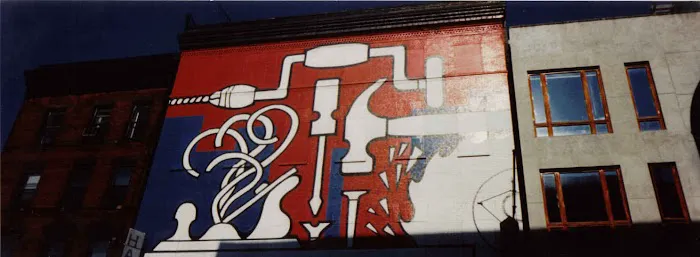
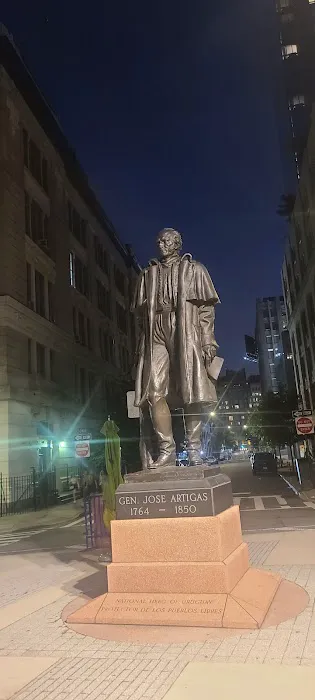
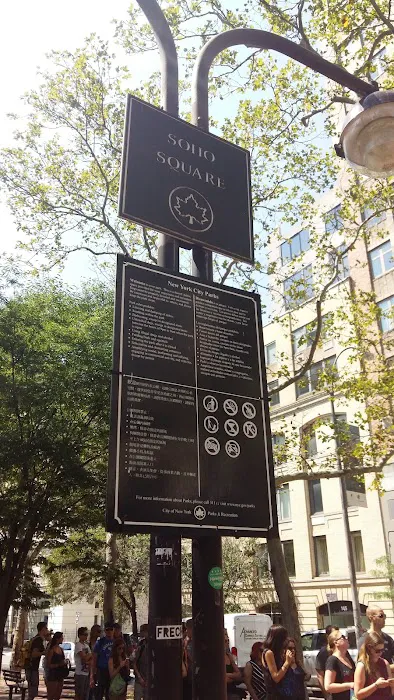
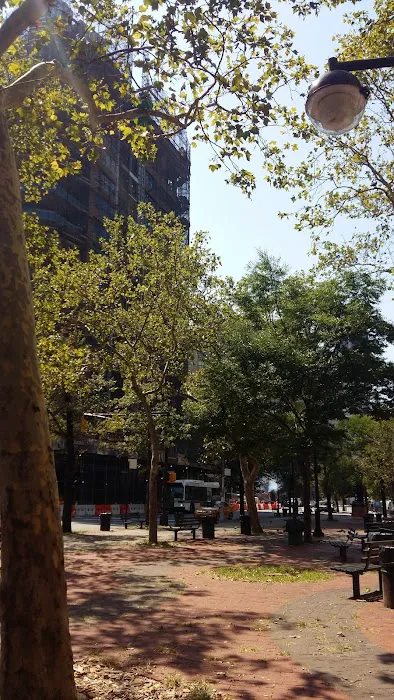
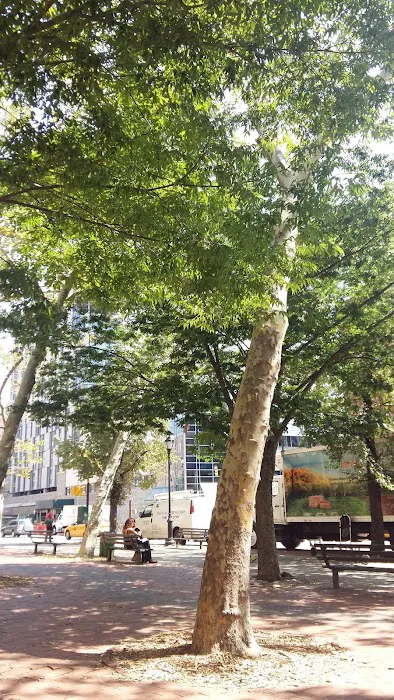
6th Avenue Location
6th Avenue
6th Ave, New York, NY 10013, USA
 6th Avenue
6th Avenue6th Ave
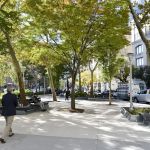 Spring Street Park
Spring Street ParkSpring St
 The Dominick
The Dominick246 Spring St
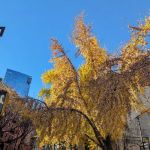 Vesuvio Playground
Vesuvio Playground101 Thompson St
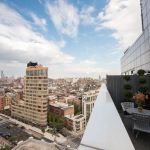 SoHo 54 Hotel
SoHo 54 Hotel54 Watts St
 The Manner
The Manner58 Thompson St
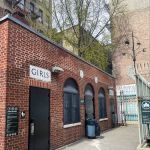 Public toilet
Public toilet100 Thompson St
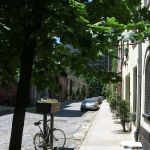 Father Fagan Park
Father Fagan Park190 6th Ave
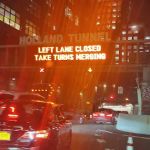 Freeman Plaza North
Freeman Plaza NorthNew York
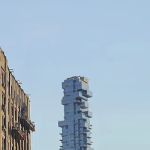 Freeman Plaza East
Freeman Plaza EastNew York
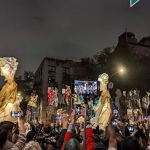 Charlton Plaza
Charlton Plaza6th Ave &
 Four Points by Sheraton Manhattan SoHo Village
Four Points by Sheraton Manhattan SoHo Village66 Charlton St
 Booknbed
Booknbed379 W Broadway STE 520
6th Avenue Reviews
More Scenic Spot
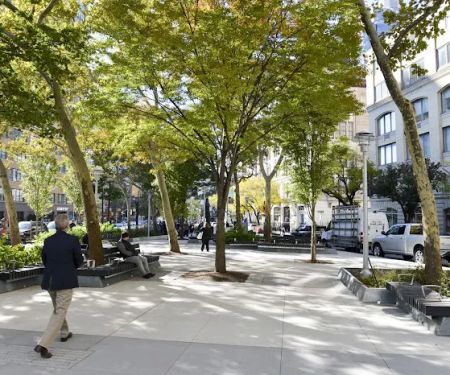 Spring Street Park4.0 (188 reviews)
Spring Street Park4.0 (188 reviews)Spring St, New York, NY 10013, USA
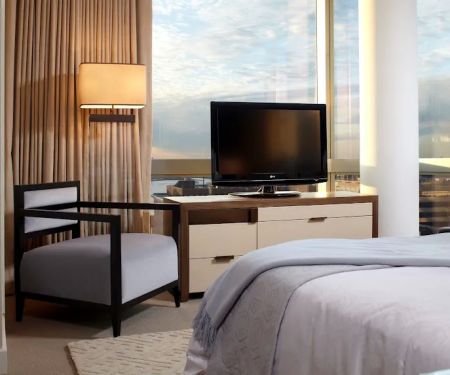 The Dominick4.0 (717 reviews)
The Dominick4.0 (717 reviews)246 Spring St, New York, NY 10013, USA
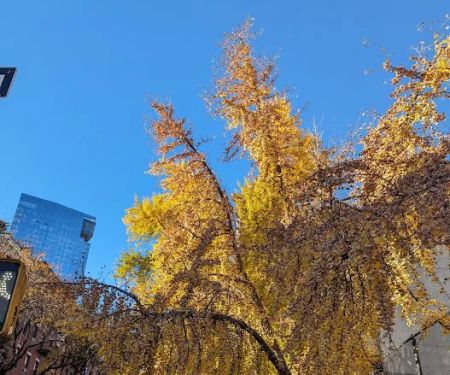 Vesuvio Playground4.0 (211 reviews)
Vesuvio Playground4.0 (211 reviews)101 Thompson St, New York, NY 10012, USA
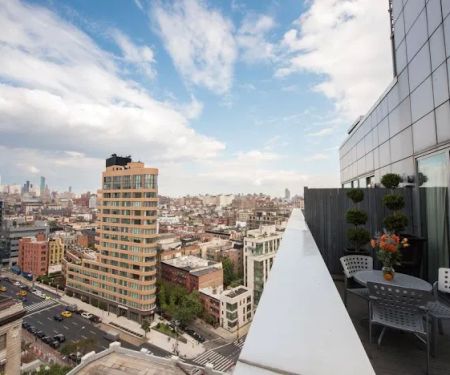 SoHo 54 Hotel3.0 (847 reviews)
SoHo 54 Hotel3.0 (847 reviews)54 Watts St, New York, NY 10013, USA
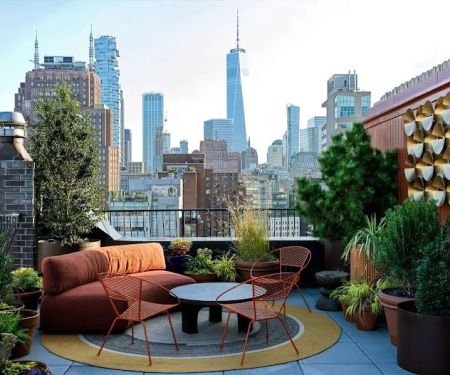 The Manner4.0 (129 reviews)
The Manner4.0 (129 reviews)58 Thompson St, New York, NY 10012, USA
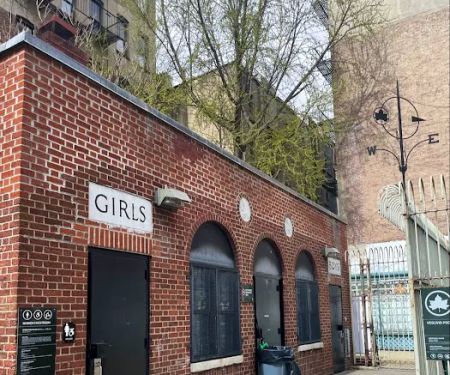 Public toilet0.0 (0 reviews)
Public toilet0.0 (0 reviews)100 Thompson St, New York, NY 10012, USA
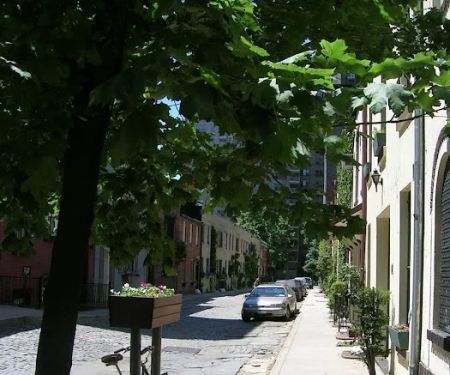 Father Fagan Park4.0 (129 reviews)
Father Fagan Park4.0 (129 reviews)190 6th Ave, New York, NY 10012, USA
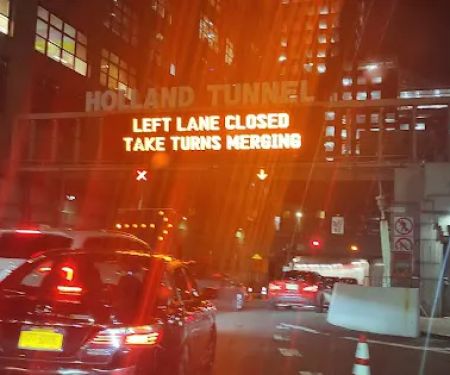 Freeman Plaza North3.0 (10 reviews)
Freeman Plaza North3.0 (10 reviews)New York, NY 10013, USA
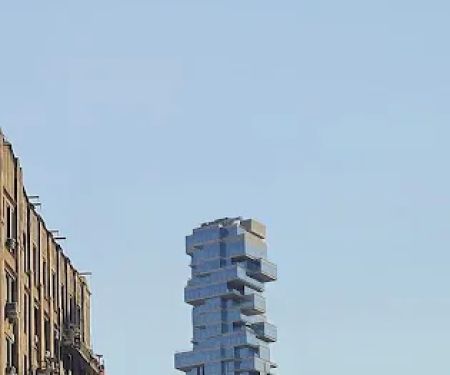 Freeman Plaza East4.0 (15 reviews)
Freeman Plaza East4.0 (15 reviews)New York, NY 10013, USA
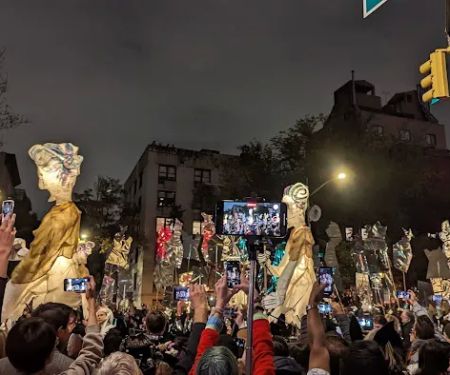 Charlton Plaza4.0 (2 reviews)
Charlton Plaza4.0 (2 reviews)6th Ave &, Charlton St, New York, NY 10014, USA
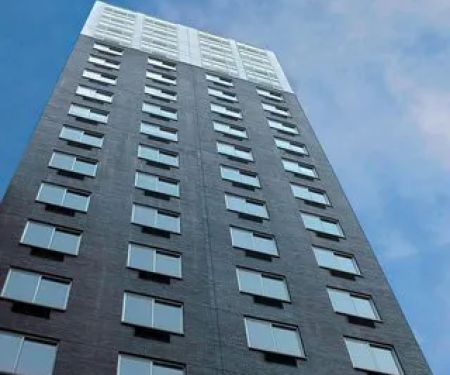 Four Points by Sheraton Manhattan SoHo Village3.0 (951 reviews)
Four Points by Sheraton Manhattan SoHo Village3.0 (951 reviews)66 Charlton St, New York, NY 10014, USA
 Booknbed0.0 (0 reviews)
Booknbed0.0 (0 reviews)379 W Broadway STE 520, New York, NY 10012, USA
Categories
Popular Camping Sites
 Pearl Harbor Memorial Square0.0 (0 reviews)
Pearl Harbor Memorial Square0.0 (0 reviews)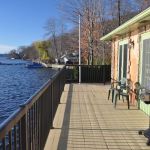 Lakefront Escape Suites4.0 (13 reviews)
Lakefront Escape Suites4.0 (13 reviews) Sunnyside Books exchange5.0 (4 reviews)
Sunnyside Books exchange5.0 (4 reviews)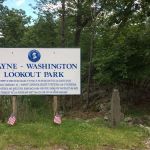 Wayne-Washington Lookout Park4.0 (4 reviews)
Wayne-Washington Lookout Park4.0 (4 reviews) Carteret Lighthouse4.0 (9 reviews)
Carteret Lighthouse4.0 (9 reviews) Bodacious! Brilliant-Billionaires0.0 (0 reviews)
Bodacious! Brilliant-Billionaires0.0 (0 reviews)Trending Camping Blog Posts
 Top Group Travel Destinations in Europe: Best Places for Group Vacations
Top Group Travel Destinations in Europe: Best Places for Group Vacations How to Get Involved in Travel Clans for Social Travel: Explore Group Travel Opportunities
How to Get Involved in Travel Clans for Social Travel: Explore Group Travel Opportunities Best Travel Clans for Sustainable Travel
Best Travel Clans for Sustainable Travel Best Group Vacation Destinations for Friends: Ultimate Travel Ideas
Best Group Vacation Destinations for Friends: Ultimate Travel Ideas Travel Clans for Solo Travelers Looking for Company: Join Unique Travel Communities
Travel Clans for Solo Travelers Looking for Company: Join Unique Travel Communities Best Travel Clans for Women Traveling Together
Best Travel Clans for Women Traveling Together 
